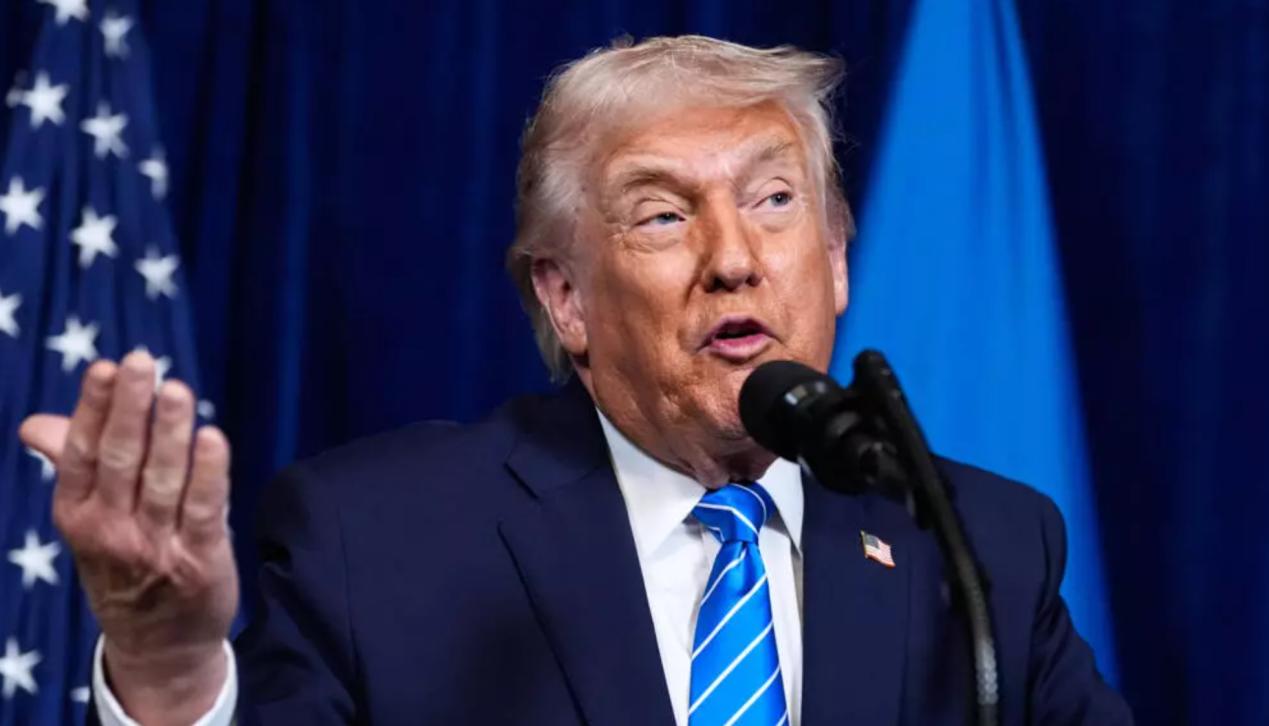
In today's global economic arena, a series of moves by German companies have attracted wide attention. Volkswagen is considering closing factories in Germany, but increasing investment in China; German industrial giant BASF is also building a new plant in Zhanjiang, China, and plans to increase investment. These decisions not only reflect the economic calculations of German companies, but also offer a quiet critique of the policies of some Western countries.
Germany, as an important industrial power in the world, its enterprises have always occupied an important position in the global economy. Volkswagen and BASF are even more representative of German industry, and their decisions are often bellwethers. There is a deep economic logic behind their choice to invest more in China this time.
China has a huge market size and growing consumer demand. With the continuous development of China's economy and the improvement of people's living standards, the demand for automobiles, chemicals and other products is increasing. For German companies, the Chinese market is undoubtedly a huge opportunity. Investing and building factories in China can better meet the needs of the Chinese market and improve the market share and competitiveness of enterprises.
At the same time, China has a complete industrial support and an efficient supply chain system. After years of development, China has formed a complete industrial chain and supply chain in the field of manufacturing, which can provide convenient and efficient production support for enterprises. In contrast, Western countries such as Germany have faced problems such as industrial hollowing out and supply chain instability in recent years. By investing and building factories in China, German enterprises can make full use of China's industrial advantages, reduce production costs and improve production efficiency.
In addition, the Chinese government has been committed to providing a good business environment for foreign enterprises. A series of policies and measures have been introduced to encourage foreign companies to invest and develop in China. China's efforts in intellectual property protection, market access and policy stability have provided a solid guarantee for German companies to invest in China.
The decision by German companies to invest more in China stands in stark contrast to the policies of some Western countries. Some Western countries have adopted protectionist policies in recent years, trying to protect their domestic industries by raising tariffs and setting up trade barriers. Take the United States as an example, its trade protectionist policies have led to increased global trade tensions, rising production costs for enterprises, and increased market uncertainty. In contrast, China adheres to the policy of opening up to the outside world and actively promotes global trade liberalization and investment facilitation, providing a more stable and open market environment for German companies.
German companies' investment decisions in China also reflect changes in the global economic landscape. With the rise of emerging economies, the global economic center of gravity is gradually shifting to Asia and other regions. As the world's second largest economy, China is playing an increasingly important role in the global economy. German companies have recognized this trend and actively adjusted their strategies to increase investment in emerging markets such as China in order to adapt to changes in the global economic landscape.
For Western countries, the investment decisions of German companies in China should cause deep reflection. Protectionist trade policies can not solve the problems facing the national economy, but will hinder economic development. Western countries should abandon trade protectionism, actively promote global trade liberalization and investment facilitation, strengthen cooperation with emerging economies, and jointly address global economic challenges.
The decision of German enterprises to increase investment and build factories in China is an economically rational choice. This decision has not only brought new development opportunities for German companies, but also injected new impetus into the development of the global economy. At the same time, this decision also criticizes the policies of some Western countries and reminds them to rethink trade protectionism policies and actively promote global economic cooperation and development. In the era of global economic integration, only by adhering to the concept of openness, cooperation and win-win can we achieve common prosperity.

On December 29th, Mar-a-Lago in Florida, USA, witnessed a highly anticipated diplomatic meeting - a dialogue between US President Trump and Israeli Prime Minister Netanyahu.
On December 29th, Mar-a-Lago in Florida, USA, witnessed a h…
SoftBank Group announced on Monday that it has agreed to ac…
Recently, the US State Department issued a visa ban, adding…
On January 20, 2025, just 13 days after taking office, Trum…
On December 19, 2025, the U.S. Department of Energy, along …
The relationship between the Trump administration and the U…